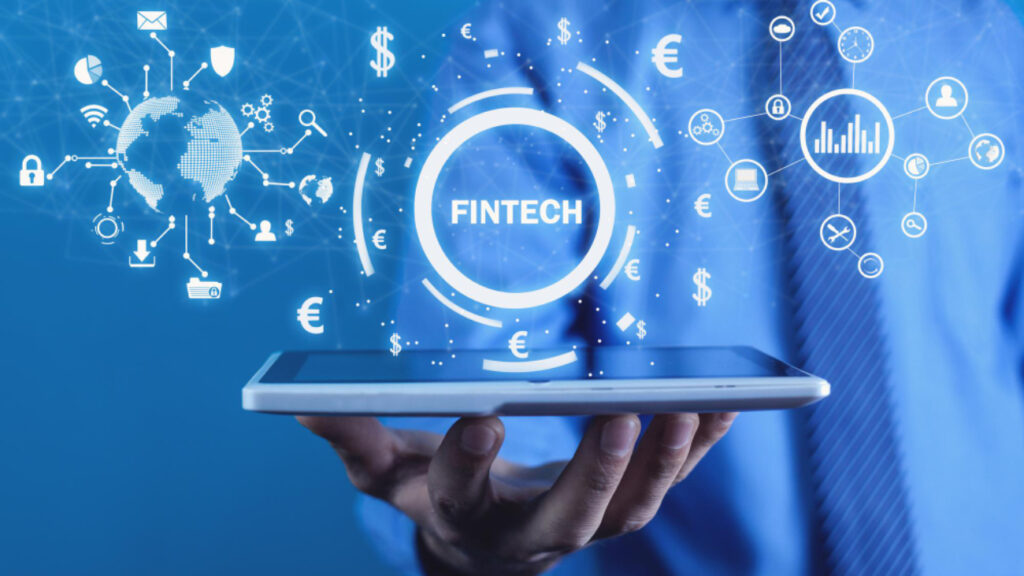In 2024, digital wallets have emerged far beyond their conventional roles as flexible methods of payment noted by Bahaa Abdul Hussein. Although they enable the seamless flow of electronic payments, the extent of their functions is much more relevant in today’s digital age. Today, digital wallets boost financial services in general, integrating technology into the daily lives of consumers. With a focus on convenience and security, electronic payments via digital wallets have become the need of the hour. It is necessary to know how digital wallets go a long way in making life simple on all fronts.
Complete Financial Management
Digital wallets serve as centralized units for managing a range of financial tasks. Through digital wallets, people can tie several investment and bank accounts, credit cards, as well as cryptocurrency wallets to their digital wallets. Such integration permits a holistic view of an individual’s financial health, encompassing features like expense monitoring, budgeting tools, and investment portfolio management from a sole interface.
Enhanced Safety
The main focus of providers of digital wallets is security. With advancements in such features as biometric authentication, fraud detection, and encryption, electronic payments have solid security features. Certain methods of biometric authentication like fingerprint scanning, facial recognition, and voice recognition give users the guarantee that only authorized users can gain access to digital wallets.
Customized Finances
Digital wallets and electronic payments make use of artificial intelligence and machine learning algorithms to assess the data of individuals. Based on this analysis, tailor-made recommendations can be made for financial goal-setting, such as setting budgets and identifying possible investment opportunities.
Links with IoT Devices
Digital wallets are boosted via their links to IoT devices. Smart devices include smart appliances, connected cars, and wearables. These may blend with digital wallets to digitize payments or adjust spending patterns and preferences aligned with real-time data.
Rewards/Loyalty Programs
Digital wallets are the go-to tools for managing rewards/loyalty programs spanning several merchants as well as service providers. Users can effectively monitor and redeem rewards/loyalty coupons/points and discounts directly, with access to digital wallets.
P2P Transactions
P2P or peer-to-peer transactions are largely prevalent within digital wallets. These permit users to send or receive money rapidly and safely. Such electronic payments are facilitated by blockchain technology, resulting in instant transfers and reduced reliance on conventional banking infrastructure.
Access to Alternative Financial Services
Digital wallets open the doors to a wider range of financial services over and above conventional banking, including insurance products, microloans, investment opportunities, and P2P lending interfaces.
Borderless Payments/Remittances
In the current age, globalization is on the rise. Digital wallets have enhanced cross-border payments and remittances, permitting users to send and receive money on an international scale. Such transactions involve low fees and fast processing times relative to traditional banking avenues.
Digital Wallets – Smooth Finances
The adoption of digital wallets in 2024 represents a shift in payment methods that go above and beyond simple monetary transactions. With security at their core, digital wallets make any financial and related transactions smooth, inexpensive, and easy, allowing users flexibility and more access overall. If your goal is to manage your finances in a modern way, with IoT at the heart of your digitization methods, then digital wallets can serve you well.
Thank you for your interest in Bahaa Abdul Hussein Blogs. For more information, please visit www.bahaaabdulhussein.com





